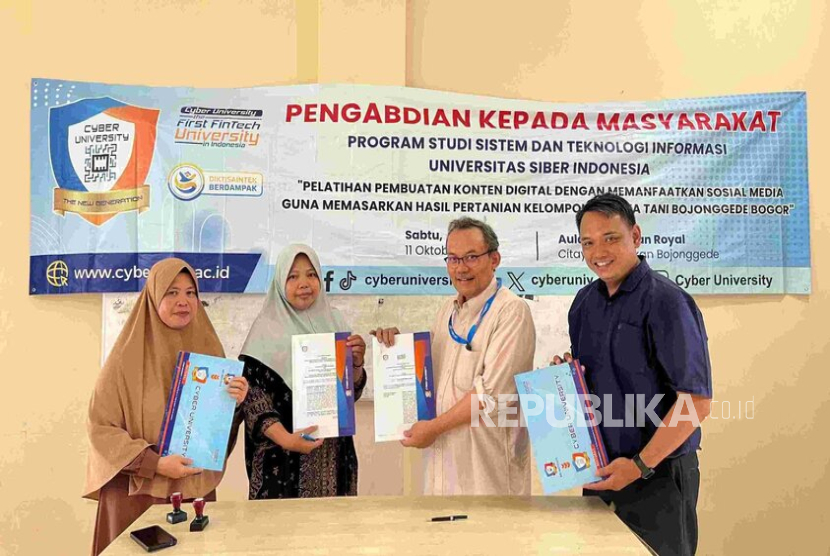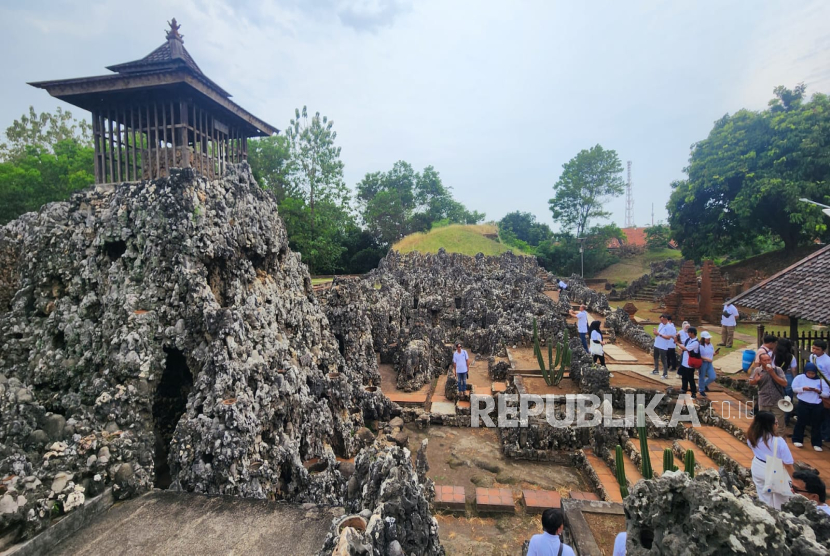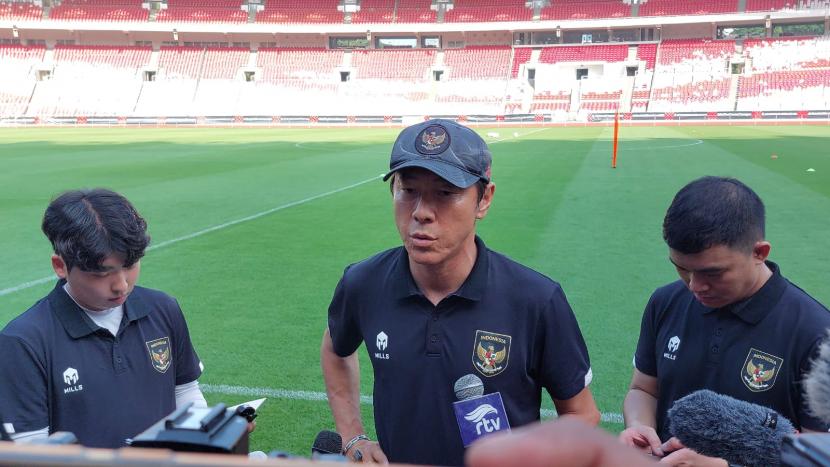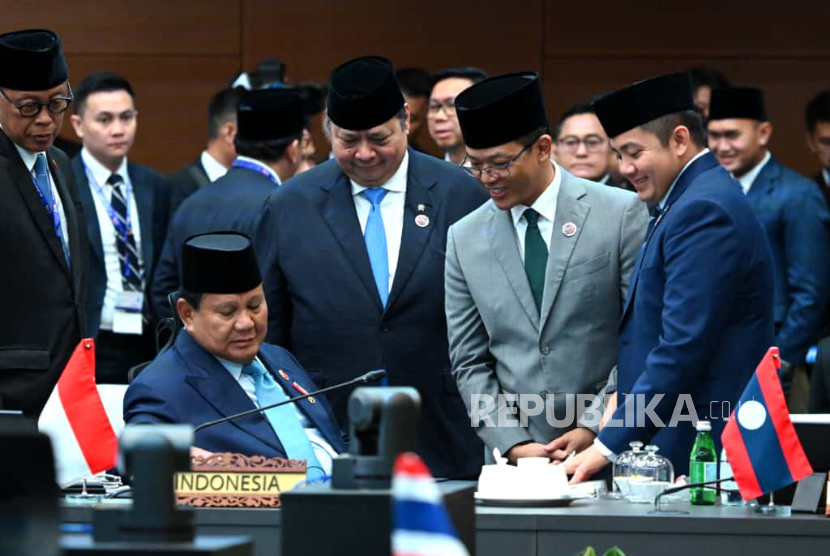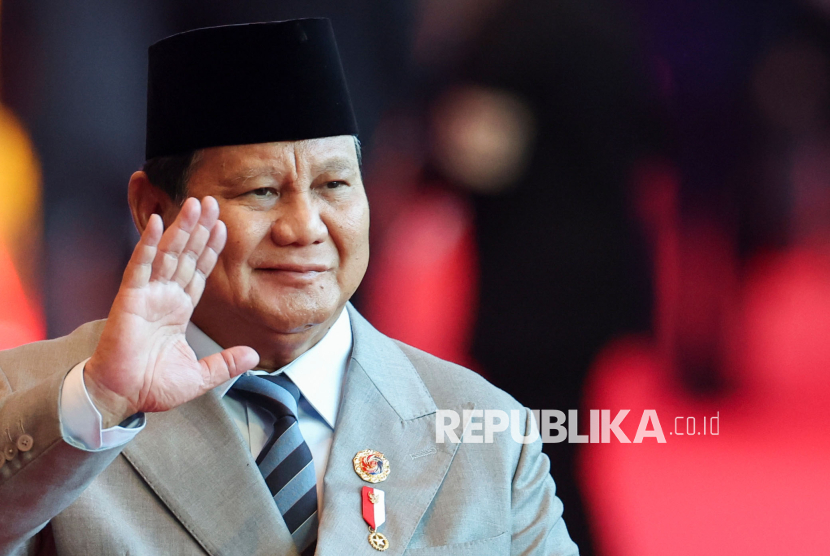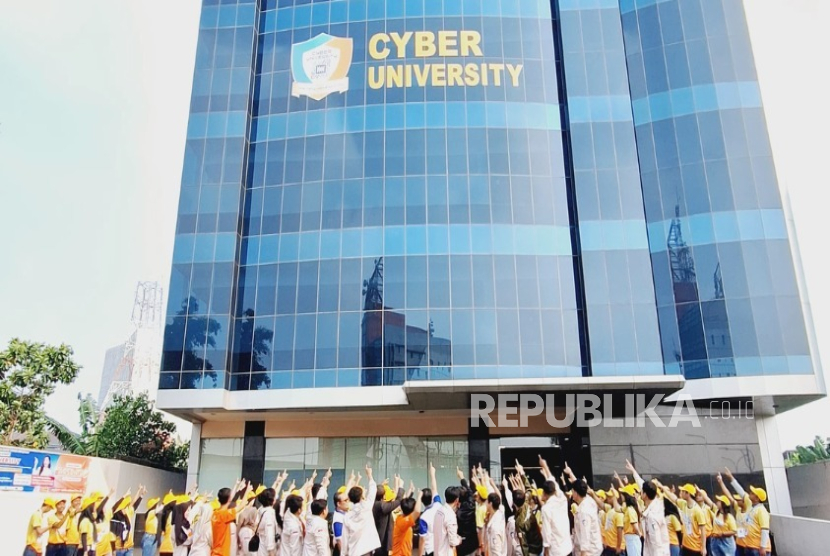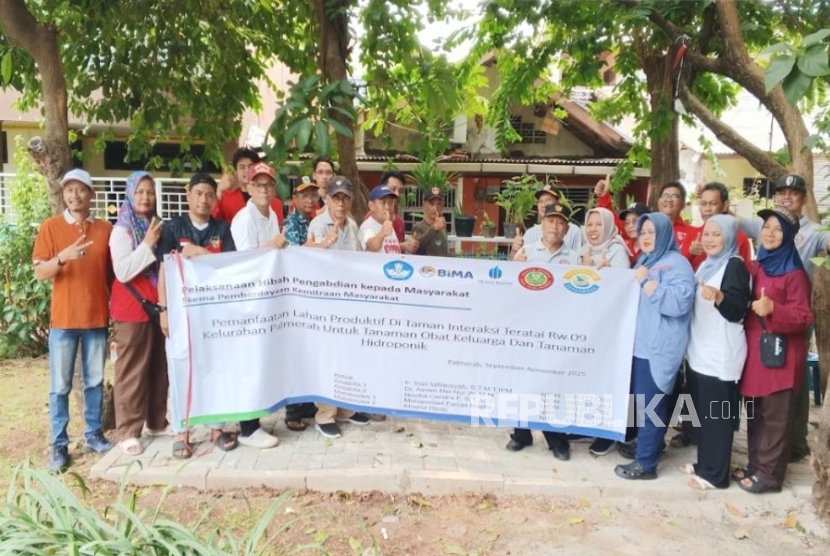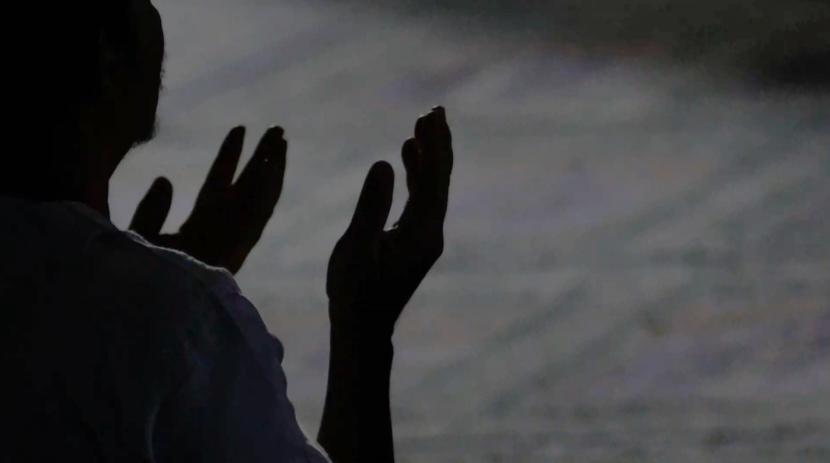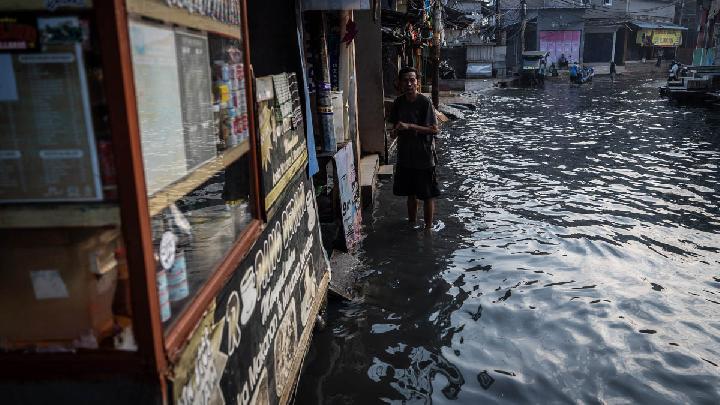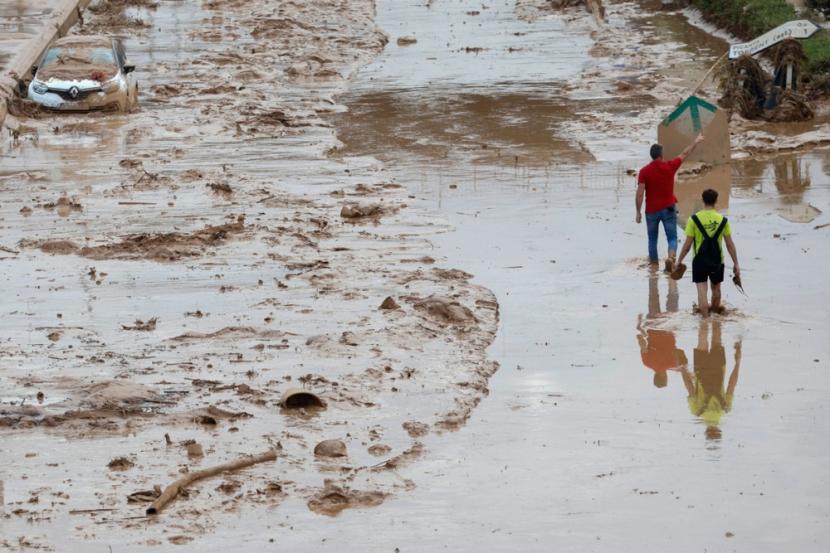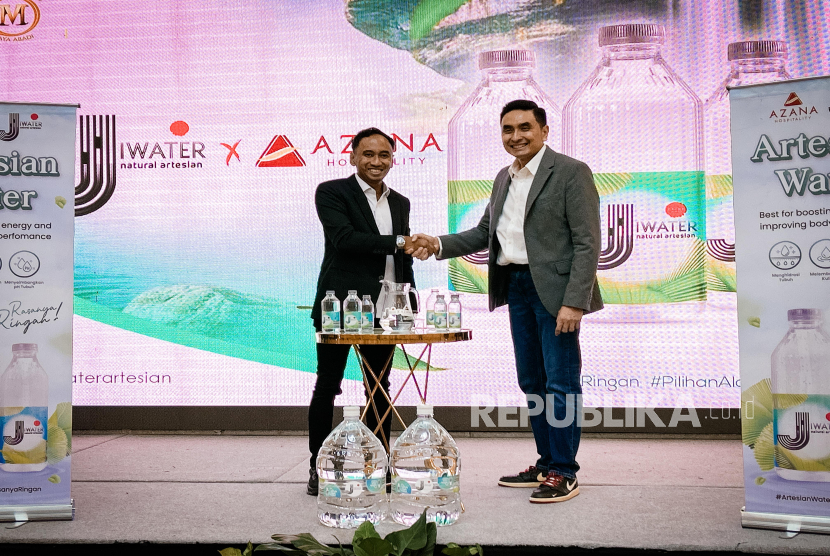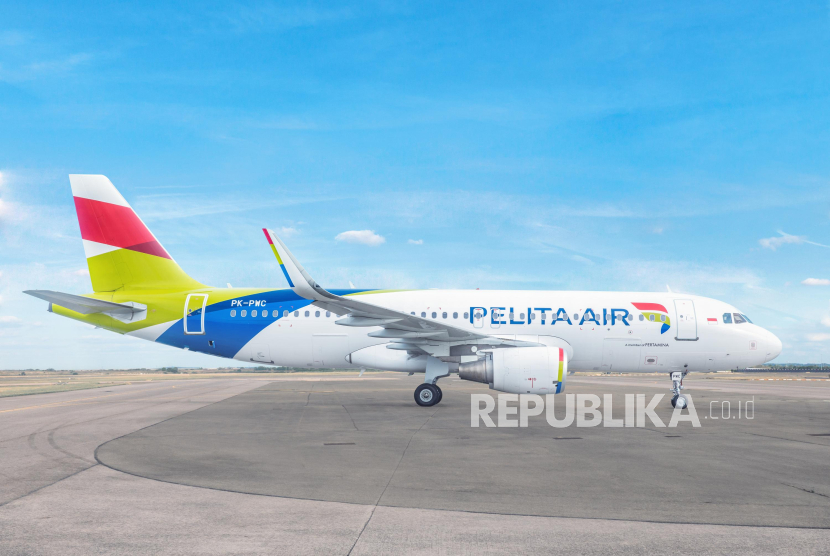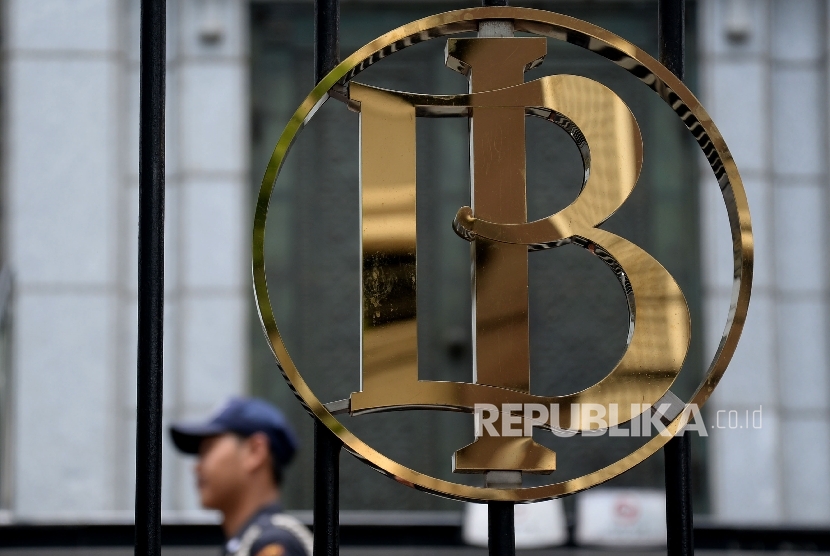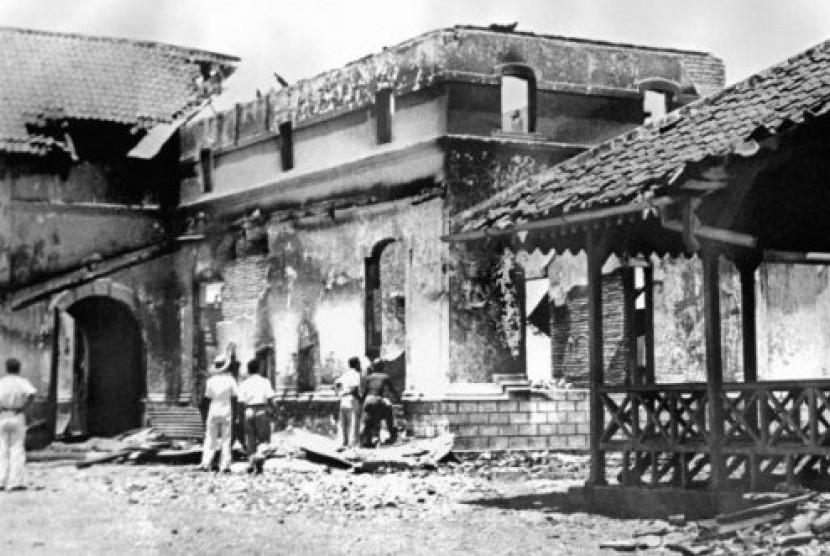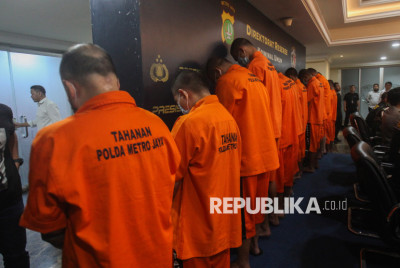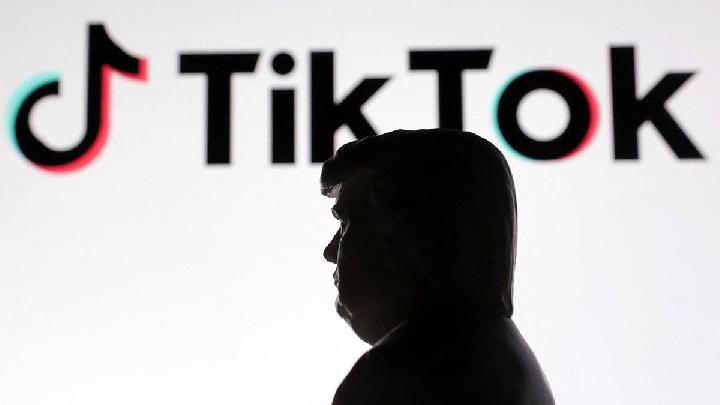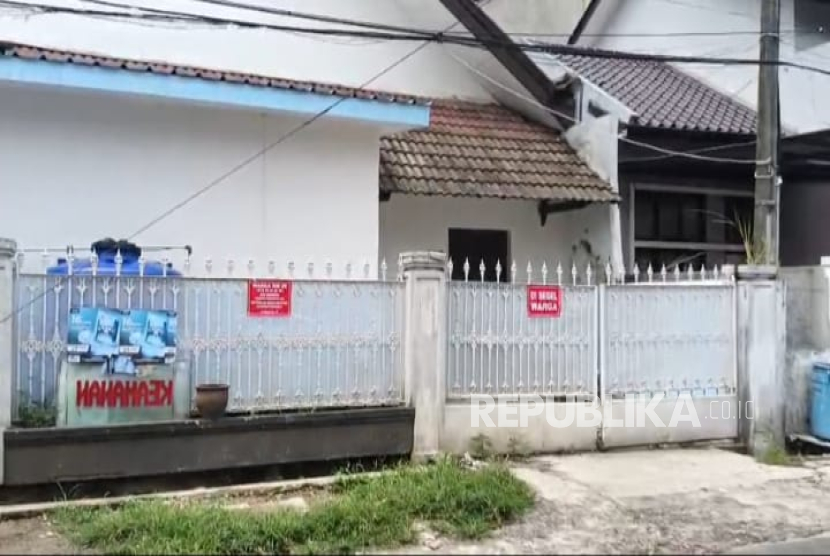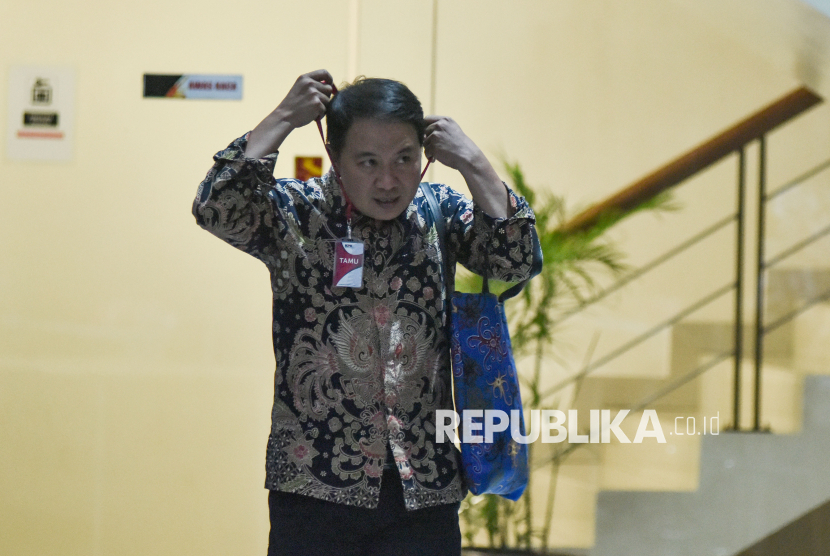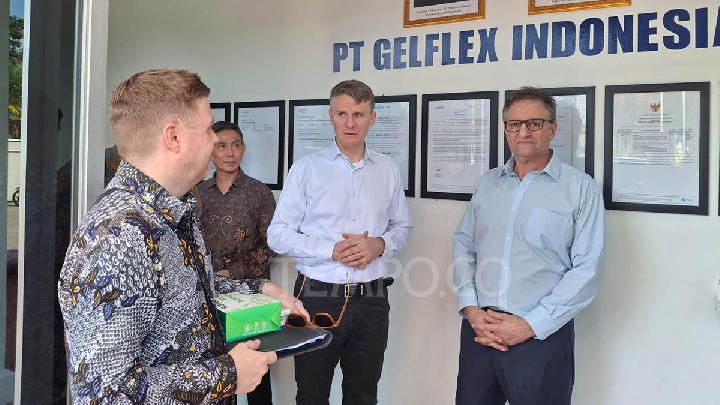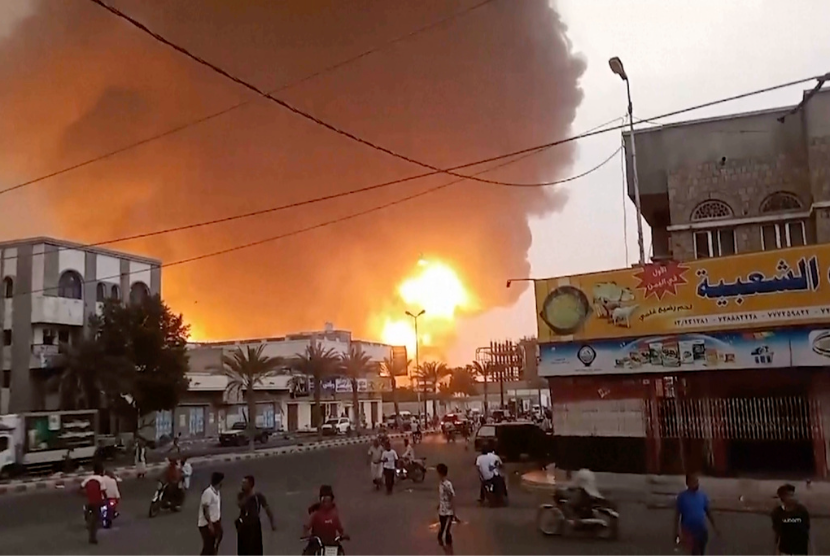TEMPO.CO, Jakarta - Indonesia's state-owned oil and gas company SKK Migas and INPEX Masela Ltd. have completed the technical study of Carbon Capture and Storage (CCS) at the Abadi gas field situated in the Masela block. The CCS study aimed to ensure subsurface readiness before applying to the oil and gas project.
Deputy of Exploitation at SKK Migas, Taufan Marhaendrajana, said the completion marks a milestone in designing carbon capture and storage technology that aligns with the geological characteristics of the Maluku region. "The results of the study are a crucial basis for the project's subsequent phases to remain in line with sustainability principles and environmental protection," he said in a written statement on Monday, October 28, 2025.
The study was conducted in collaboration with the Affiliated Research Institute and Industry of Bandung Institute of Technology (LAPI ITB). According to Taufan, the CCS study is part of the Abadi Project's commitment to support Net Zero Emission targets while bolstering the project's global competitiveness.
With the completion of the study, INPEX is now ready to proceed with the Front End Engineering Design (FEED) stage.
Executive Project Director of INPEX Masela Ltd., Jarrad Blinco, said the study demonstrates the company's commitment to supporting the clean energy transition in Indonesia. "The Abadi LNG project will be the first project in Indonesia to implement CCS technology, which not only reduces carbon emissions but also ensures energy supply for the country," said Blinco.
The CCS study, initiated in 2022, was conducted to review subsurface readiness and estimate CO storage capacity. Further research in 2024-2025 included laboratory analysis, 3D geomechanics modeling, and 4D coupled flow-geomechanics simulations to understand the risks and behavior of carbon injection underground.
The government previously commenced the FEED phase for the Abadi gas field project in the Arafura Sea's Masela Block on August 28, 2025. Deputy Minister of Energy and Mineral Resources Yuliot Tanjung said the government fully supports the project acceleration through regulatory simplification and licensing.
Masela Block is managed by INPEX Masela Ltd., which has appointed PT Adhi Karya as the main contractor for the FEED phase, along with two global EPC companies, KBR and Samsung Engineering & Construction.
This national strategic project aims to produce 9.5 million tons of LNG per year, 150 MMSCFD pipeline gas, and 35 thousand barrels of condensate per day. The onshore LNG facility will also be equipped with CCS technology to reduce carbon emissions, supporting national emission reduction targets.
According to Yuliot, this project is expected to strengthen energy resilience, reduce dependency on imports, and give direct benefits to local communities.
As reported by the Ministry of Energy and Mineral Resources, the Masela Block covers approximately 4,291.35 km in the Arafura Sea, about 800 km east of Kupang, East Nusa Tenggara, or about 400 km north of Darwin, Australia, at a sea depth of 300-1000 meters.
Through this project, Masela Block has the potential to produce 1,600 million standard cubic feet per day (MMSCFD) of gas or equivalent to 9.5 million tons of LNG per year, 150 million standard cubic feet per day of pipeline gas, and approximately 35 thousand barrels of condensate per day, with operational targets in the fourth quarter of 2029.
LNG is natural gas cooled to -162 degrees Celsius, liquifying it and reducing its volume by up to 600 times, making it easier to store and distribute.
LNG is used as raw material for industries and fuel power plants. The use of LNG could also lower CO2 emissions by approximately 25 percent, NOX emissions by 90 percent, and there are no sulfur, dust, or other particle emissions.
In addition to the development and production of natural gas in the Masela Block, the construction of the liquefied natural gas refinery port is also intended to provide facilities and infrastructure, including facilitating the movement of goods, spare parts, equipment, and processed natural gas.
The Masela Block contract was signed for a 30-year period on November 16, 1998, and was initially scheduled to expire in November 2028. The contract has since saw a seven-year time compensation addition, plus a 20-year contract extension, extending it until November 15, 2055.
Editor’s Choice: ESDM Ministry Targets Masela Block to Operate in December 2029
Click here to get the latest news updates from Tempo on Google News


